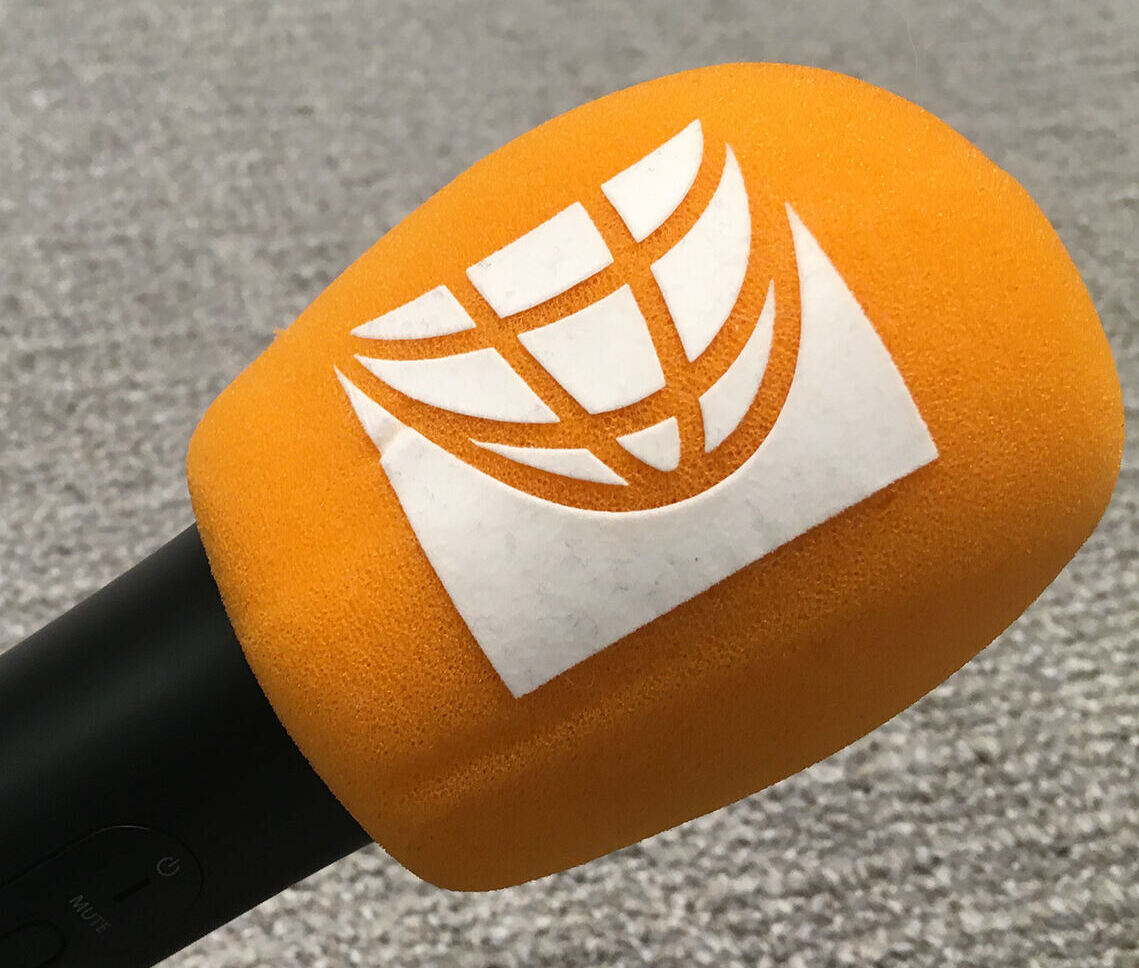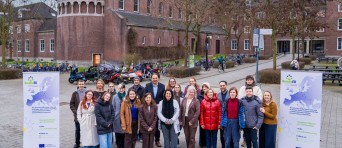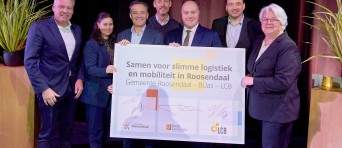
News
BUas is an international university of applied sciences with a close-knit community that strives for social impact. You can read all about it in our news items. Or view the press page.
Do you want to know what's on the agenda?
Events
Filter news:

What do international students think of Kielegat?
For many Breda residents, this happening is familiar, but for our internationals, it's often still new..
Read more
Press
For media-related questions about our educational institution or for an interview with one of our experts


New EU Project ReStart to accelerate the transition to regenerative tourism in North-West Europe
This projects brings together a strong European consortium committed to redefining tourism’s...
Lees meer
- About BUas
- Research

BUas Hosts KreativEU Walking Seminar: Discovering Breda Through Street Art and Storytelling
We welcomed European partners for an immersive Walking Seminar exploring the city's vibrant...
Read more
- KreativEU
- About BUas

LCB expands: second location in Roosendaal
Second location in Roosendaal strengthens the West- Brabant logistics cluster
Read more
- About BUas
- Logistiek